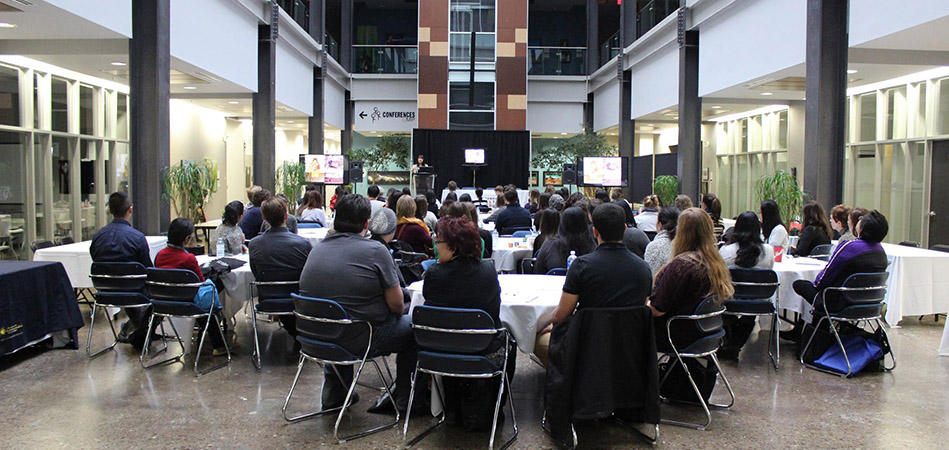Indigenous Health Conference to focus on cultural humility

On Saturday, January 28th students, faculty, community members, and Six Nations representatives are invited to attend the McMaster Indigenous Health Conference. The theme of the day will be Indigenous Youth Mental Health: Sharing Realities and Exploring Strategies.
In attendance will be keynote speakers from North Dakota who will speak about the Standing Rock resistance and Dakota Access Pipeline and how both of these have affected mental health of Indigenous youth.
“You can never fully understand another individual 100%,” says Neha Malhotra, third year Health Sciences student and event co-chair administration.
“The best thing you can do is try to empathize with them and that’s why cultural humility is such a big part of the conference.”
Psychiatry resident Alex Drossos will be speaking on UN Declaration of Indigenous Rights and the responsibility of Government to ensure that those on reserves have access to the same healthcare and services as in urban settings.
The day will include a panel discussion featuring Indigenous speakers and healthcare professionals who have an interest in the research aspect and can talk about how both non-Indigenous peoples and the health care environment can move forward and address health equities.
Unlike urban settings, Indigenous communities may want healers, elders or community programs that connect them back to their heritage and ensures that they are well connected.
“Research shows that a strong support system is the best way to cope with mental health and mental illness.,” said Malhotra.
The conference aims to show solidarity towards Indigenous communities starting with the student population who are the leaders of tomorrow and the ones moving into the workforce.
This event is made possible from sponsorship from McMaster University, Program for Interprofessional Practice, Education and Research (PIPER), McMaster Indigenous Studies Program, Aboriginal Students Health Sciences Office, McMaster Equity and Inclusion Office, McMaster Department of Sociology, McMaster Health Sciences, OPIRG McMaster, CUPE3906, McMaster Campus Store, McMaster Medical Student Council, McMaster Student Affairs, and Public Health Ontario.

